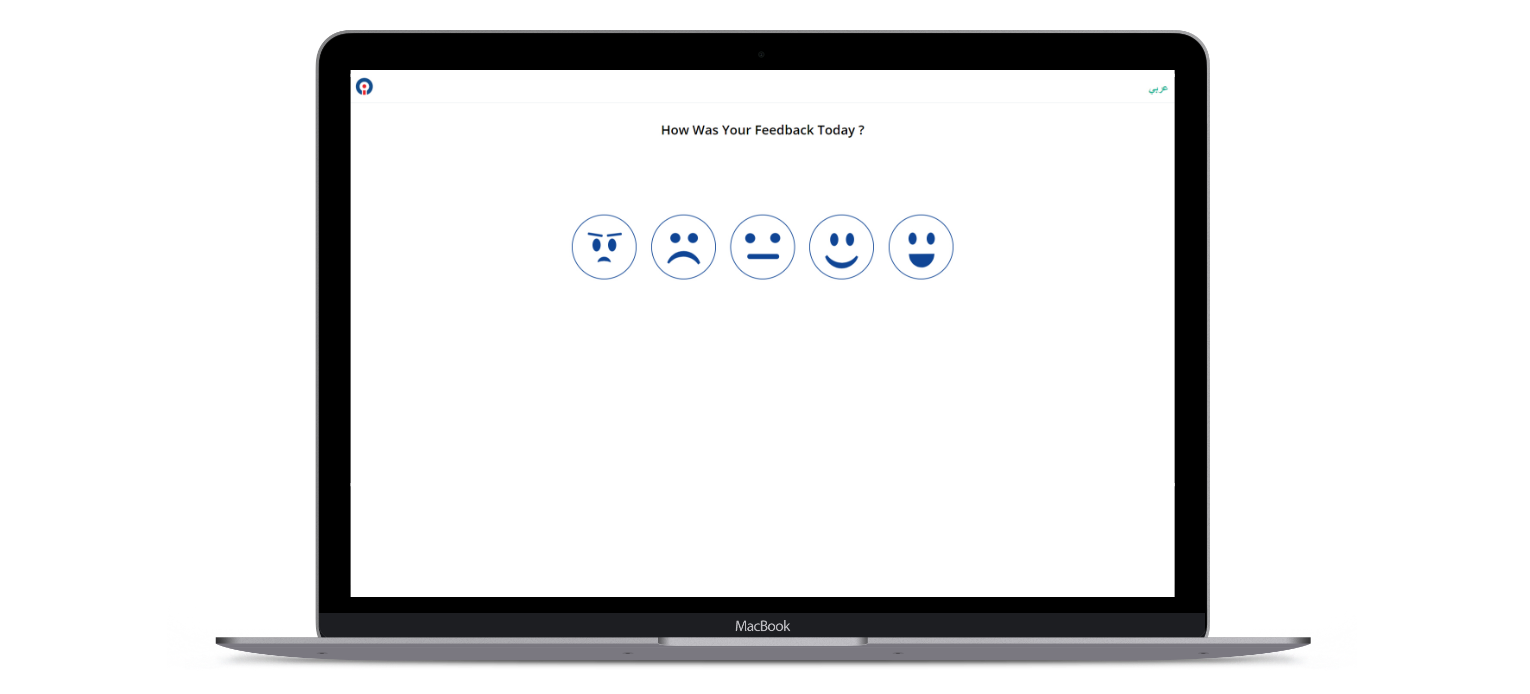
FEEDBACK DEFINED
The term ‘feedback’ is used to describe the helpful information or criticism about prior action or behavior from an individual, communicated to another individual (or a group) who can use that information to adjust and improve current and future actions and behaviors.
Feedback occurs when an environment reacts to an action or behavior. For example, ‘customer feedback’ is the buyers’ reaction to a company’s products, services, or policies; and ’employee performance feedback’ is the employees’ reaction to feedback from their manager – the exchange of information involves both performance expected and performance exhibited.

5 REASONS WHY FEEDBACK IS IMPORTANT
Effective feedback, both positive and negative, is very helpful. Feedback is valuable information that will be used to make important decisions.Top performing companies are top performing companies because they consistently search for ways to make their best even better. For top performing companies ‘continuous improvement’ is not just a showy catchphrase. It’s a true focus based on feedback from across the entire organization – customers, clients, employees, suppliers, vendors, and stakeholders. Top performing companies are not only good at accepting feedback, they deliberately ask for feedback. And they know that feedback is helpful only when it highlights weaknesses as well as. strengths Effective feedback has benefits for the giver, the receiver, and the wider organization. Here are five reasons why feedback is so important.
1. Feedback is always there
If you ask someone in your organization when feedback occurs, they will typically mention an employee survey, performance appraisal, or training evaluation. In actuality, feedback is around us all the time. Every time we speak to a person, employee, customer, vendor, etc., we communicate feedback. In actuality, it’s impossible not to give feedback.
2. Feedback is effective listening
Whether the feedback is done verbally or via a feedback survey, the person providing the feedback needs to know they have been understood (or received) and they need to know that their feedback provides some value. When conducting a survey, always explain why respondents’ feedback is important and how their feedback will be used.
3. Feedback can motivate
By asking for feedback, it can actually motivate employees to perform better. Employees like to feel valued and appreciate being asked to provide feedback that can help formulate business decisions. And feedback from client, suppliers, vendors, and stakeholders can be used to motivate to build better working relations
4. Feedback can improve performance
If you ask someone in your organization when feedback occurs, they will typically mention an employee survey, performance appraisal, or training evaluation. In actuality, feedback is around us all the time. Every time we speak to a person, employee, customer, vendor, etc., we communicate feedback. In actuality, it’s impossible not to give feedback.
5. Feedback is a tool for continued learning
Invest time in asking and learning about how others experience working with your organization. Continued feedback is important across the entire organization in order to remain aligned to goals, create strategies, develop products and services improvements, improve relationships, and much more. Continued learning is the key to improving.





ENHANCE YOUR CUSTOMER EXPERIENCE
Empower your customers to give you the answers Drive customer-centricity across your organization by understanding your customers better. Capture insightful data on the digital experience to minimize issues and make improvements. Your customers are the key to your success.
Ask the right questions
To understand where your customers are having issues, go directly to the source. Set up a survey and utilize our flexible targeting options to capture insights at any point in the customer journey across your digital channels.
Report on customer health
Dig deeper into your customer data to analyze various KPIs that are key to your brand experience, such as NPS, CSAT, and CES. Visualize your data with our emotional trendline, benchmarking, key insights, and more.
Bring in your support teams
With extensive case management tools, you can notify, track, and manage the progress of your customer’s feedback.


